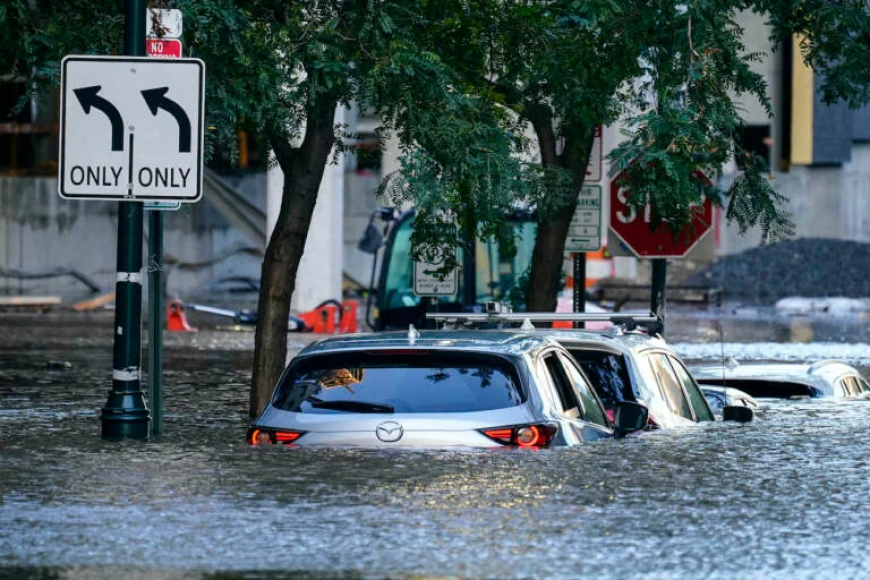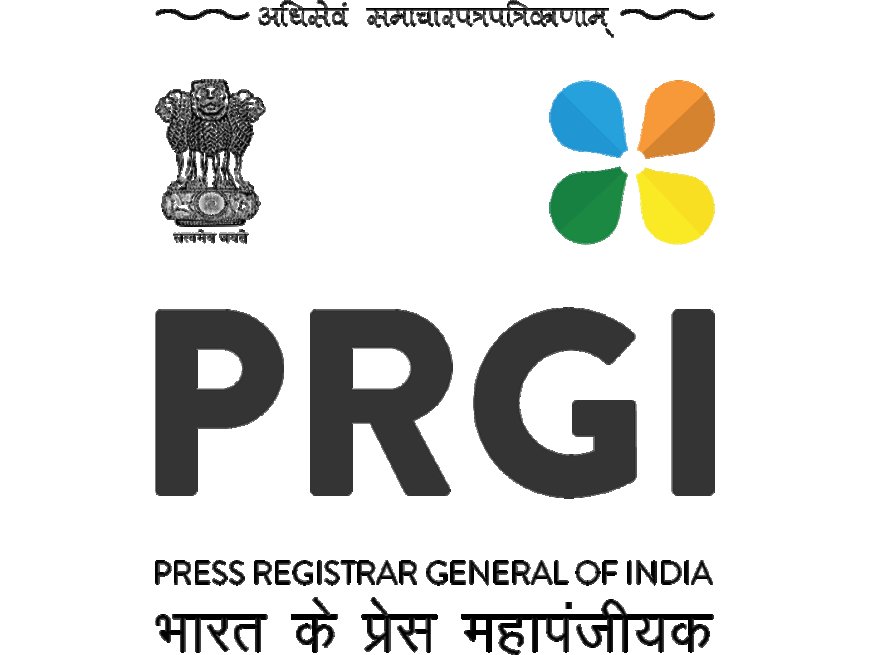Historic Flash Flooding Forces Closure of Wisconsin State Fair as Milwaukee Battles Record Rainfall
Record rainfall floods Milwaukee and forces the 2025 Wisconsin State Fair to close early. Emergency crews respond to hundreds of calls as damage mounts.

Milwaukee Hit by Torrential Rainfall and Widespread Flooding
A sudden and intense storm system unleashed record-breaking rainfall across southeastern Wisconsin this weekend, causing flash flooding that shut down major roads, damaged homes, and forced the Wisconsin State Fair to close a day early.
Meteorologists reported that up to 14 inches of rain fell in parts of Milwaukee County within 24 hours, overwhelming drainage systems and sending water cascading into basements, parking lots, and city streets. Low-lying neighborhoods were the hardest hit, with the Menomonee River and nearby creeks overflowing their banks.
The Milwaukee Fire Department responded to more than 600 emergency calls over the weekend, conducting water rescues, addressing gas leaks, and helping residents escape flooded homes. City officials have declared a state of emergency, urging residents to avoid unnecessary travel.
Wisconsin State Fair Abruptly Canceled
The 2025 Wisconsin State Fair—one of the largest summer events in the Midwest—was forced to cancel its final day due to unsafe conditions. Floodwaters turned walkways into rivers, while several exhibit buildings experienced water damage.
Organizers said the safety of visitors and staff was their top priority. Vendors and exhibitors now face significant losses, as the fair typically attracts over a million attendees each year. The economic impact of the sudden closure is expected to be substantial, particularly for small businesses that rely on fair sales.
Infrastructure Overwhelmed
This flooding marks one of Milwaukee’s most severe rain events in recent history. Streets like West Greenfield Avenue and South 84th Street, near the fairgrounds, were impassable for hours. Motorists were stranded on partially submerged highways, with police closing multiple ramps to prevent further accidents.
Public transit services were temporarily suspended, and utility crews worked through the night to restore power to tens of thousands of affected households. Emergency shelters were established for displaced families, and cleanup crews began pumping water from critical facilities.
Climate Change Concerns Intensify
Experts point to this event as another example of how climate change is increasing the frequency of extreme weather events in the Midwest. Warmer temperatures allow the atmosphere to hold more moisture, leading to heavier and more sudden downpours.
Flood-prone urban areas like Milwaukee face particular challenges, as aging stormwater infrastructure struggles to handle the surge. Local officials have already begun discussing potential upgrades, including expanded retention ponds and improved drainage channels, to mitigate future flooding risks.
Looking Ahead
While the worst of the rain has passed, the National Weather Service has issued ongoing flood warnings for parts of southeastern Wisconsin. More scattered showers are expected in the coming days, and residents are being urged to remain vigilant.
City leaders emphasize the importance of emergency preparedness, encouraging residents to sign up for local alerts, prepare flood kits, and review evacuation routes.











